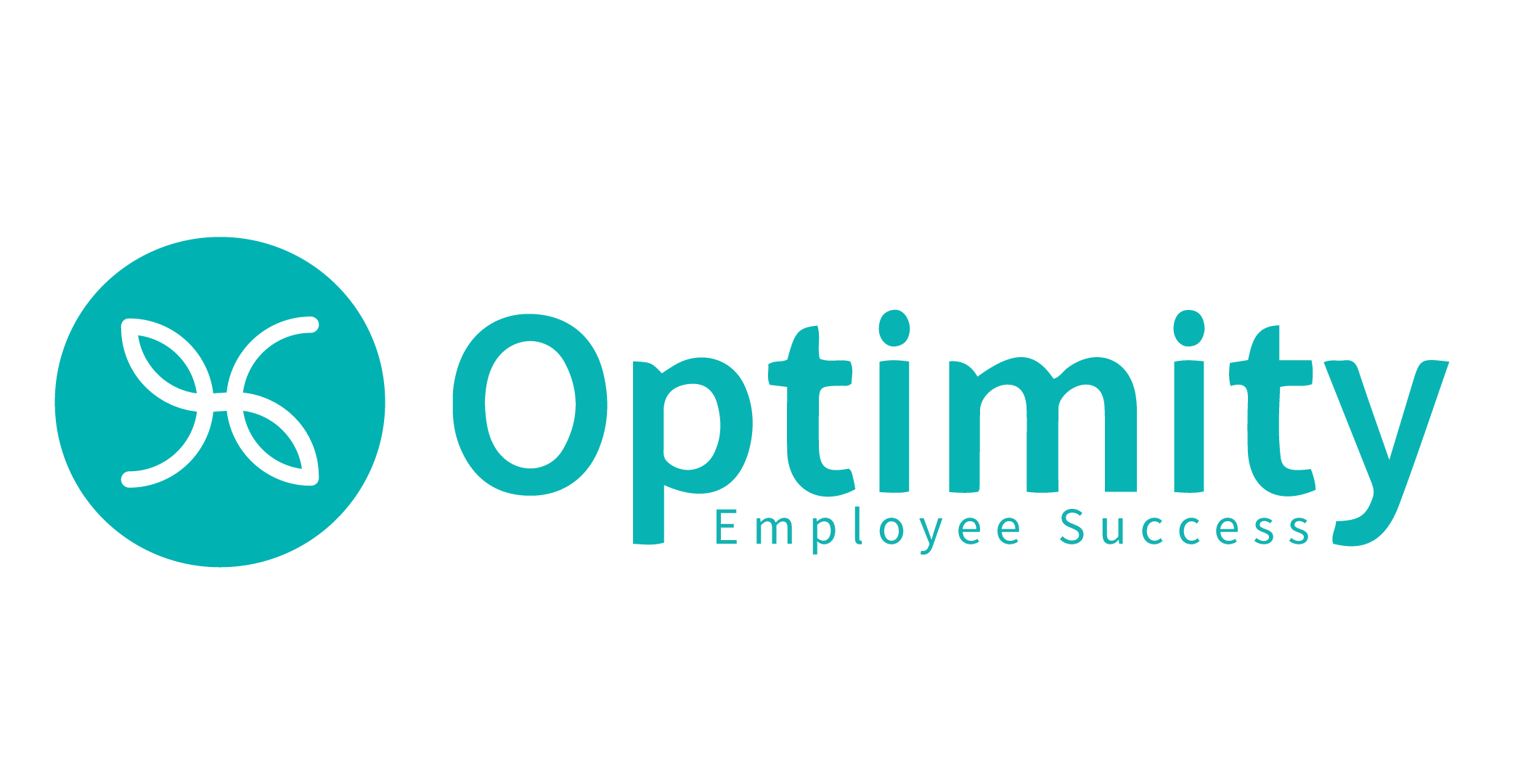Gen Y is now entering the workforce and questioning some of the traditional management and...
Small Changes, Big Results
TIME STAMP: 4 MINUTE READ
Very often organizations fall into a trap of making “big changes for big results”. This approach to operating can have a devastating impact for the organization, by creating high levels of stress amongst its employees and causing instability within their industry.
Big changes do not necessarily mean big results. In fact, with a rapidly growing world economy, most organizations that make big changes and expect big results most likely will not achieve their desired outcomes.
I once had a client who was a people manager within his organization. He was very effective in this role and produced tremendous results. He knew however that if he remained in his manager role for much longer, he would not be advancing his career. So his next step, he felt, was to become a senior leader within his organization. He already had a list of a few big goals that would potentially give him the exposure he required to been seen as potential leader.
After my meeting with him and reviewing his big goals, as well as the risk involved with each goal, we established several small, more unassuming changes he could make that would produce the same results. Each small change was planned, intentional, and designed to advance his career in the desired direction.
One small change was to start leading his team meetings instead of the usual rotating of the meeting chair position amongst his team members. Going beyond just performing the standard meeting responsibilities, he started reviewing the team’s weekly accomplishments and the impact their achievements had on the organization’s goals and objectives. He then always ensured his team members left each meeting with a great sense of motivation and a “wow” feeling towards the tasks that needed to be performed.
As a result, by making these “small” manager performance changes, he became known within the organization as a leader who “walked his talk” through his leadership abilities and actions. These small, seemingly unimportant changes created big results, not only for him, by helping him reach his desired goal of becoming a senior leader within his organization, but also for all the people he managed.

Turn Your Knowledge into Action
1) As a leader or manager, what small changes are you making that are leading towards big results?
2) How are you tracking these small changes and the results they are producing within your organization?
3) Use strategic coaching tools such as the Optimity platform and start taking microactions towards achieving your big goal.
All the best in achieving your highest performance.
 Paul Boston
Paul Boston
_____________________




